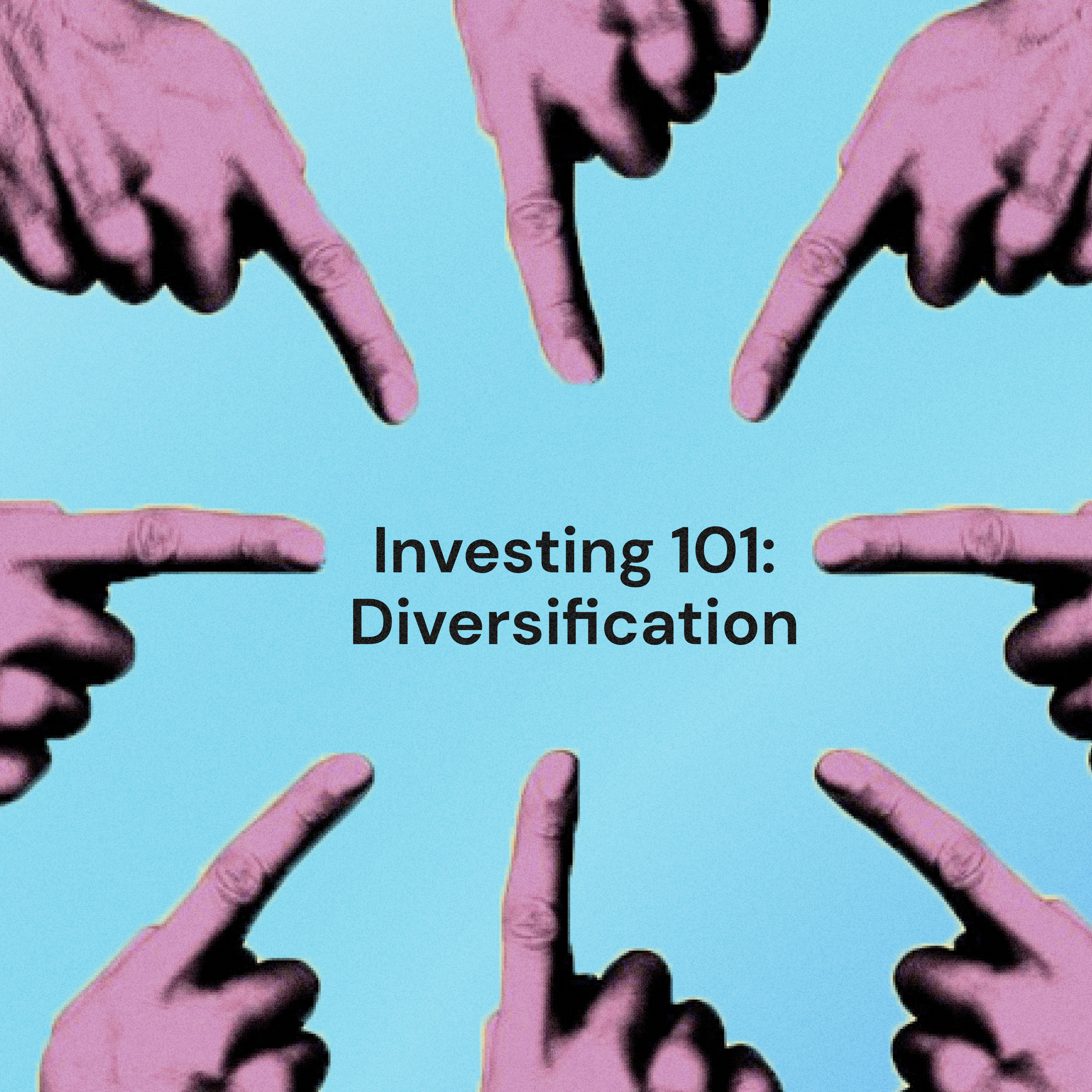Investing 101: Private vs. Public Stocks
Understanding the differences, risks, and rewards from investing

Investing in stocks is a popular way for individuals to grow their wealth over time. When choosing stocks to invest in, there are two main categories: private and public. While both types of stocks can benefit investors, there are some critical differences between them.
In this blog post, we'll explore the difference between private and public stocks, their pros and cons, and how investors can decide which type of stock is right for them.
Firstly, let's define what private and public stocks are.
Private stocks
Private stocks are shares in a company that is not publicly traded on a stock exchange. These stocks are often owned by small investors, such as the company's founders, employees, or venture capitalists.
Public Stocks
Public stocks are shares in a company publicly traded on a stock exchange, such as the New York Stock Exchange or NASDAQ. Anyone with access to the stock market can buy and sell these stocks.
Why invest in Private stocks?
According to Pitchbook, private equity investments show the highest returns over a 3, 5, and 10-year horizon compared to private equity, real estate, real assets, and private debt.
Despite being a long-term investment, this type of investment is also less risky. Private companies tend to have stable valuations, as these companies have working technology, proven business models, and backing from leading venture capital firms.
Additionally, private companies often have more flexibility in their decision-making and are not subject to the same regulatory requirements as public companies, which can sometimes limit growth opportunities.
Remember, though, no investment is 100% risk-free.
Private companies are often less transparent than public companies, making it harder for investors to evaluate their potential for growth or profitability. Additionally, private stocks are less liquid than public ones, so selling them can be more challenging if an investor needs to raise funds.
Why invest in Public companies?
Investing in public stocks can be a great way to grow your wealth over time. With the potential for solid returns and the ability to diversify your portfolio, public stocks can offer a range of benefits for investors.
According to data from the S&P 500 index, which tracks the performance of 500 large-cap U.S. stocks, the average annual return for the index over the past 50 years has been around 10%. And you know the examples already – Apple, Microsoft, Amazon, and Google.
Investing in public stocks also allows you to diversify your portfolio. Investing in a range of stocks across different industries and sectors can spread your risk and potentially reduce the impact of market volatility on your portfolio. You can read more on the benefits of diversification in our dedicated blog post!
But another reminder – no investment is risk-free. Public companies are subject to more regulatory requirements, which can limit their flexibility in decision-making and growth opportunities. Additionally, because public stocks are traded on the stock market, their prices can be influenced by a wide range of factors, including economic conditions, political events, and investor sentiment, which can lead to volatility in the stock market.
Lastly, investing in public stocks has become more accessible thanks to technology. With the rise of investing apps and online brokerages, investing in stocks with just a few clicks on your phone or computer is possible. This means you don't need to be a Wall Street insider or have a lot of money to get started - anyone can invest in public stocks with as little as $1 with the help of apps like Robinhood, Acorns, or Fidelity.
But how to invest in Private companies?
The wonders of technological progress also played their part here—specifically blockchain. Raison app utilized blockchain technology and integrated fractional shares to give access to deal-by-deal venture investing with entry checks as low as $10.
How does it work?
We created the world's first legal structure for secure private venture investments available to everyone with no accreditation required.
Our US-SEC-regulated investment fund purchases company shares, after which we create small fractions of the fund and deploy smart contracts of that company to list it on our VC Marketplace.
To get access to exclusive deals with higher entry tickets, upgrade your account plan to Growth or Launch.
Who can invest?
Raison is actively working in Europe and Canada, but we already have users worldwide, including Latin America and India.

You don't have to be an accredited investor or have a lot of capital. There are only several conditions for you to start investing:
- You must be 18 years old to be able to use the app.
- Make sure to read our terms of service, where you can find information on restricted countries that are prohibited from using Raison Services.
Is it all regulated?
Of course! Raison is licensed by various regulators, including US SEC.

We have established a solid legal framework that forms the foundation of our platform. It enables us to ensure our users' transparency, security, and safety and gives us the confidence to scale our operations. You can get familiar with the complete list in the footer area of our website.
 Қазақша
Қазақша

